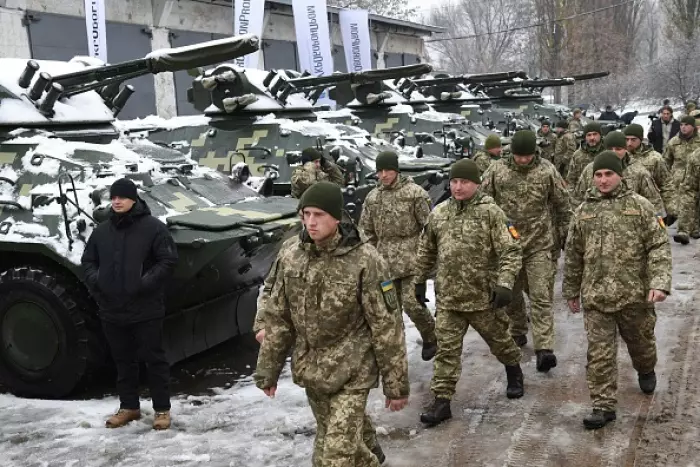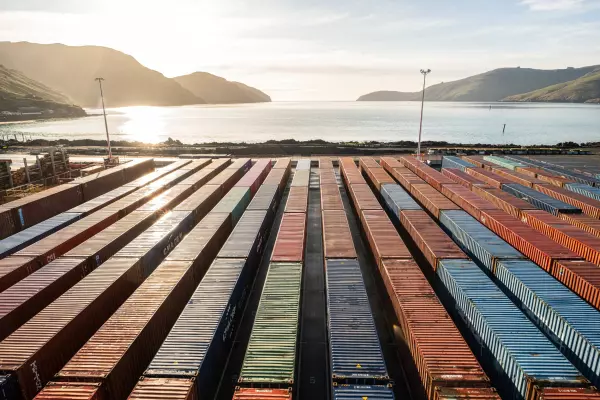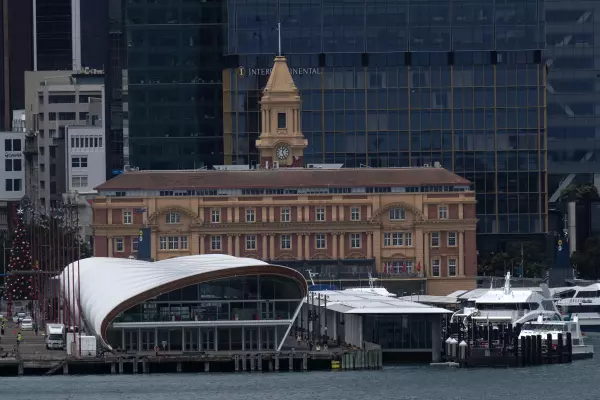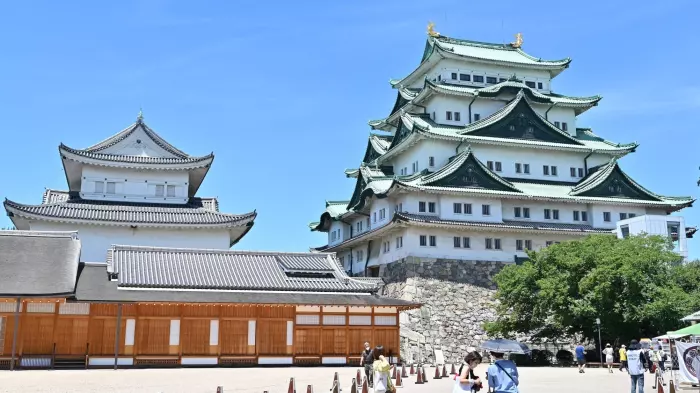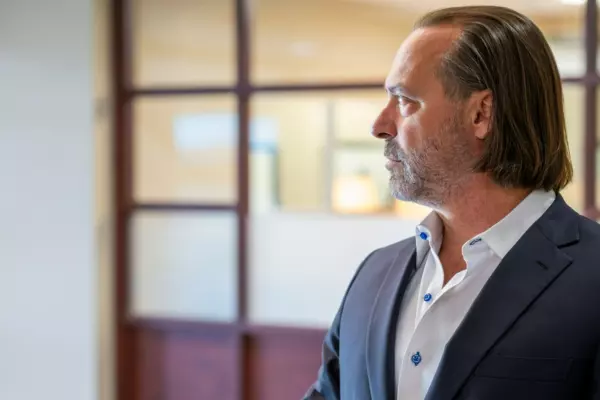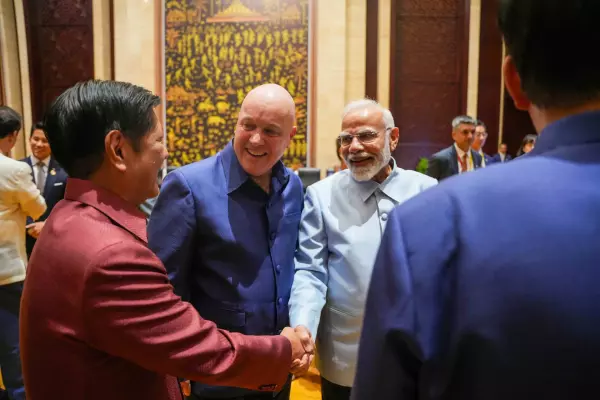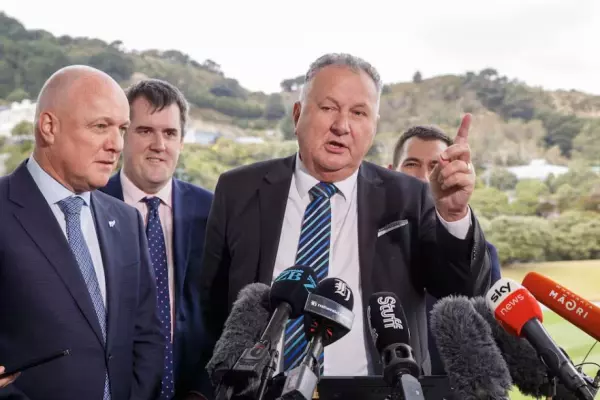New Zealanders are expressing interest in volunteering to fight in Ukraine, the country’s honorary consul to NZ says.
Ukrainian President Volodymyr Zelensky has called for foreign fighters to assist Ukraine by joining the recently created International Legion of Defense.
Thousands of people from around the world have reportedly volunteered, including former United States combat troops, in a scene reminiscent of the influx of foreigners who went to Spain in the 1930s to fight against the fascists in the civil war.
Russia, for its part, has warned foreigners captured on the battlefield will not be granted the status or protections of combatants and will instead be treated as mercenaries.
Oleksandr (Alex) Kirichuk, Ukraine’s honorary consul in NZ, said hundreds of NZ citizens had asked him about fighting for Ukraine, including former soldiers.
The people who approached him weren’t financially motivated, he said.
Kirichuk wanted the government to provide a clear statement saying whether New Zealanders could legally take part in the war.
Grey area
Professor Alexander Gillespie, an international law expert at the University of Waikato, said it was a legal grey area.
NZ has a law criminalising mercenaries and the recruitment of mercenaries. To be a mercenary under the law, people have to be seeking private gain and be paid substantially more than what the party recruiting them pays members of their own military.
NZ also has counter-terrorism laws that criminalise people travelling overseas to commit specific, terrorism-related offences.
Gillespie didn’t think the terrorism laws would apply to New Zealanders who travelled to Ukraine, nor would the mercenaries law if they just received a common wage or were volunteering.
"If they were getting paid above and beyond what a normal soldier would get in Ukraine then they’d be in trouble."
New Zealanders who went to Ukraine to fight and were captured would have very few rights, Gillespie said.
“It’s a legal grey area, but it’s also an incredibly dangerous area.”
He believed it would be helpful for the government to issue a clarifying statement on its position.
“We need to deal with it because it’s going to get bigger, this problem of people who want to go and fight.”
A spokeswoman for the Ministry of Foreign Affairs and Trade (MFAT) said a ‘do not travel’ advisory applied to everyone considering going to Ukraine, including those who wanted to take part in military action.
“The government’s clear view is that New Zealanders should not travel to Ukraine for that purpose,” she said.
“The situation in Ukraine is extremely dangerous, volatile and deteriorating rapidly.
“NZ's ability to provide consular assistance to New Zealanders in Ukraine is very limited, and the NZ government would not be able to evacuate you."
However, advice notwithstanding, the MFAT spokeswoman said “it is ultimately up to individual New Zealanders to decide whether they want to travel for that purpose and the NZ government cannot stop them from doing so”.
Sanctions, expulsions and military aid
BusinessDesk spoke to Kirichuk before the government announced further sanctions it planned to take against Russia once a targeted autonomous sanctions bill is introduced – and passed – under urgency on Wednesday.
NZ has so far imposed export controls prohibiting goods being sent to the Russian military, put in place a travel ban for targeted individuals and suspended bilateral foreign ministry consultations.
Kirichuk, who is collecting donations for Ukraine via a recently created website, said NZ should go further.
He wanted all Russian diplomats expelled from the country and for NZ to increase its financial support to Ukraine to a level matching that of Australia (on a per capita basis).
Australia, which has a population five times bigger than NZ, has committed A$35 million (NZ$37.5m) in initial humanitarian assistance and a further A$70m for weapons and other military support.
NZ has so far committed $2m in humanitarian support.
Gillespie said NZ’s response needed to be in “lockstep” with its partners, including the provision of military assistance. This could be in the form of non-lethal supplies, he said.
“Even if you just gave one container of non-lethal military aid to the Australians and Australia put it into their package and took it up, it’s the symbolism of it, it’s not actually the scale that’s important.
“What’s happened now means that we’ve got to stand united with our friends and allies for the values that we believe in.”


